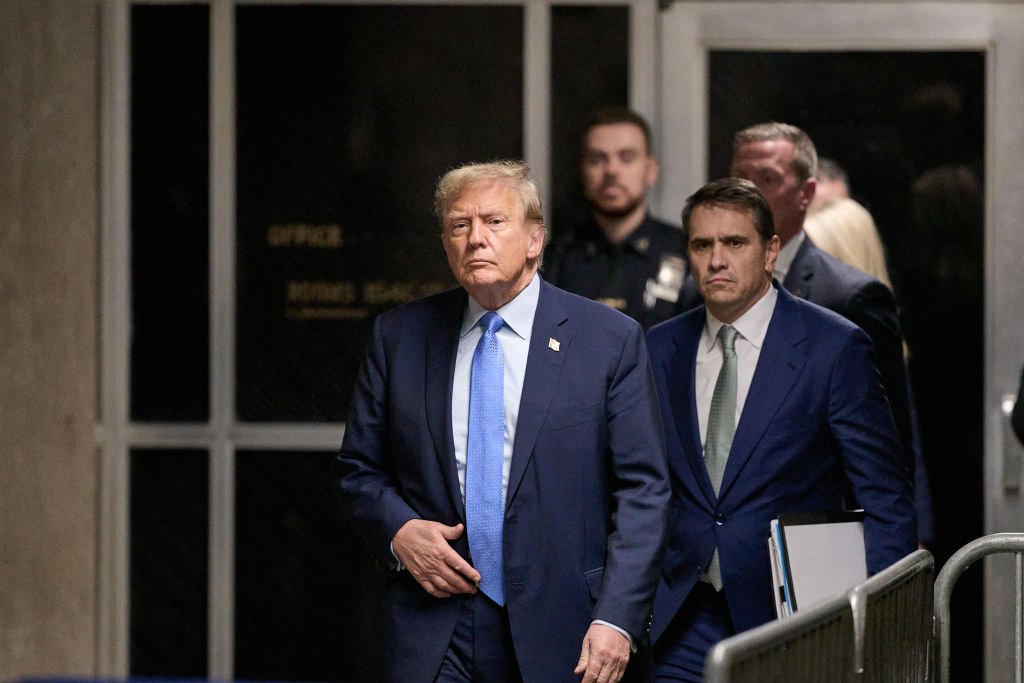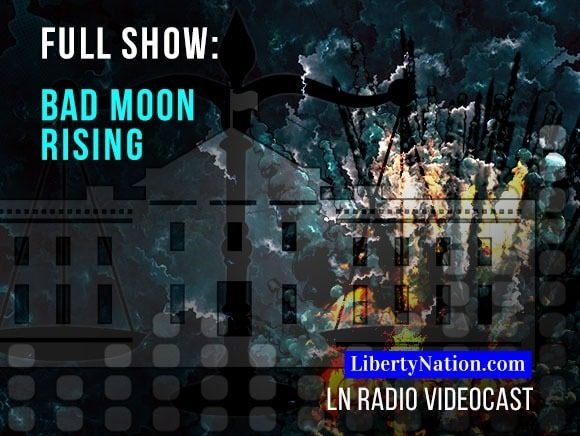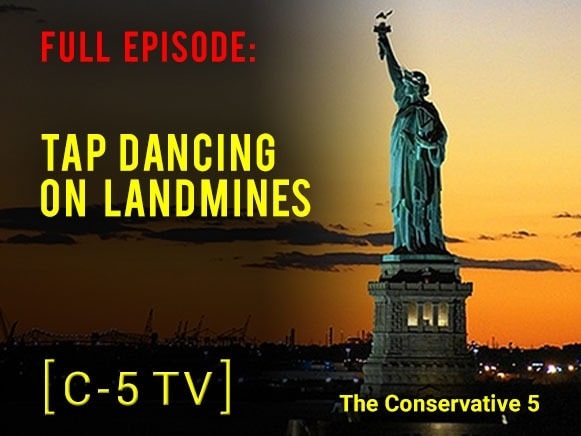TV & Talk
Front & Center

Breaking News
The Hill: Biden Pokes Fun at Trump, Age Critiques at Correspondents’ Dinner
“President Biden brushed off critiques about his age at what could be his last White House Corresp ... Read more
Politico: Hamas Is Reviewing an Israeli Proposal for a Cease-Fire in Gaza, as a Planned Rafah Offensive Looms
"Hamas said Saturday it was reviewing a new Israeli proposal for a cease-fire in Gaza, as Egypt inte ... Read more
Reuters: Police Arrest Scores of Pro-Palestinian Protesters on US University Campuses
“Pro-Palestinian protesters were arrested on a handful of U.S. university campuses on Saturday, as ... Read more
LN Exclusives
Editor's Choice
Free Thinking. Free Speech.
A Free-Thinking Future Starts Here
























